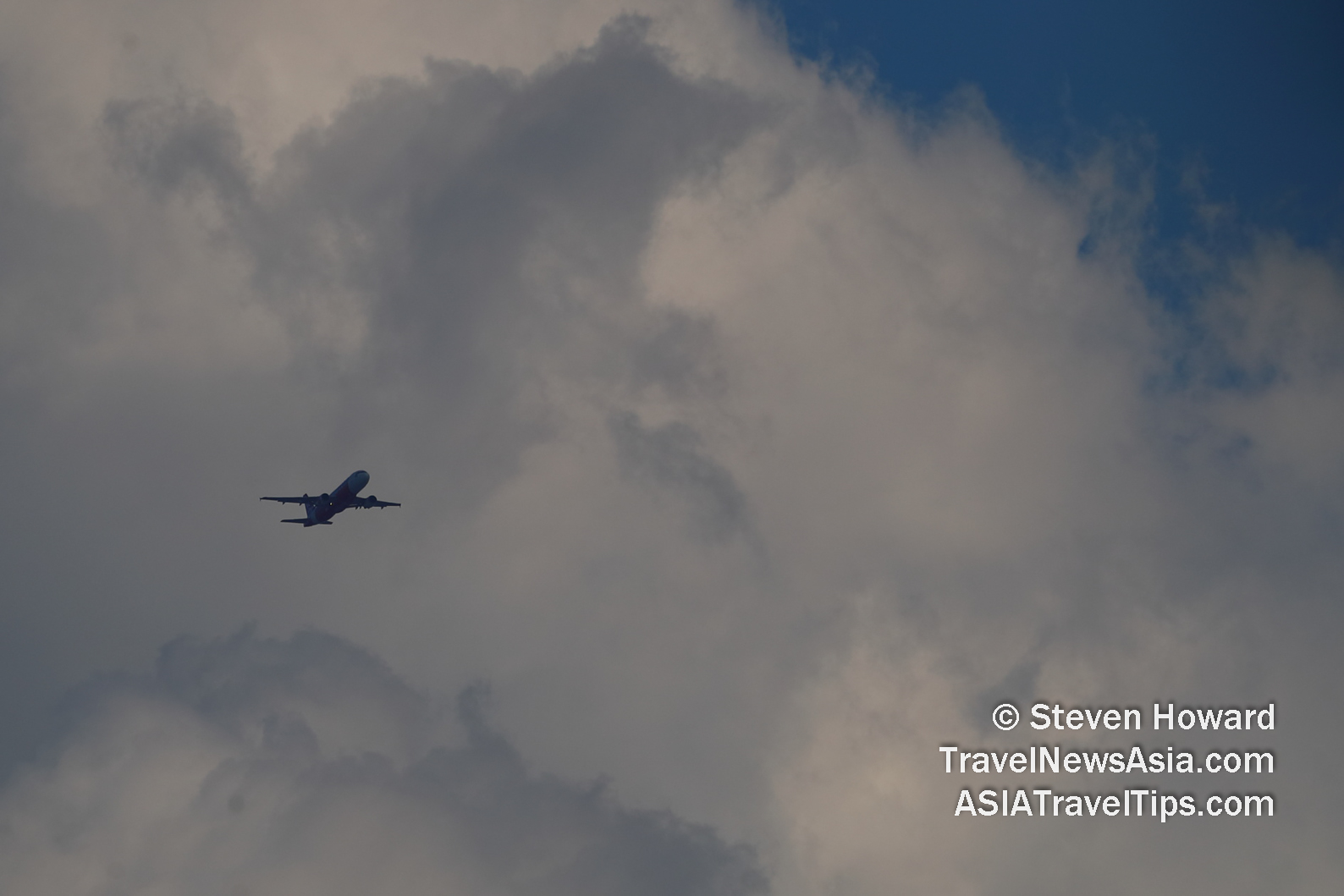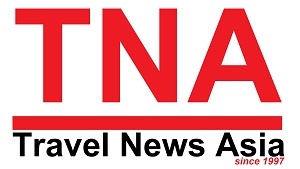|
(24 Nov 2021)
New research suggests travelers begin to abandon
bookings when FX fees reach 5% of the cost of a flight, with 14%
of travelers saying they have paid more than 10% of a flight�s
total cost in FX fees, often resulting from opaque fees levied by
financial intermediaries.
When booking flights, 89% of travelers would be
more likely to choose one airline over another if given the option
to pay in their preferred currency, highlighting the importance
attached to transparent pricing.
However, a new study from Amadeus reveals that
hidden charges often levied by financial intermediaries mean
travelers can face high charges for the privilege of paying in a
currency they understand.
More than a third of respondents have paid between
3-10% of the total cost of a flight to make the payment in their
own currency, with 14% having been charged more than 10% of the
total flight cost. The vast majority of travelers (76%) reported
unexpected FX charges when purchasing a flight.

Thai AirAsia Airbus A320 reg: HS-ABN departing DMK on 20 November 2021. Picture by Steven Howard of TravelNewsAsia.com
Using a dummy airline website, Amadeus worked with
psychological research firm Innovationbubble to study travelers�
conscious and subconscious reactions to different levels of FX
fees. According to the research, travelers begin to notice FX fees
when they reach 3% of the total ticket price, with �alarm bells�
beginning to ring as the fee approaches the psychologically
important threshold of 5%. However, the overall cost of the flight
still remains the most important factor for securing a booking.
The survey results for this global study of 5,500
regular flyers includes respondents from India, China and Japan,
and has been broken down below. When it comes to the cost of
foreign exchange fees, the survey results show:
26% of Indian travelers were reported to pay
higher foreign exchange fees than all other regions. (Global: 14%;
Japan: 22%; China, 20%).
Globally, 76% of travelers experience unexpected
foreign exchange charges when purchasing a flight. (India: 91%;
Japan: 67%; China: 78%).
India experienced greater unexpected foreign
exchange than all other regions, with China also higher than the
global average.
Over three quarters (86%) of Indian travelers have
decided against purchasing a flight from a particular airline due
to foreign exchange fees making the overall cost too high. (Japan:
74%; China: 69%).
Travelers face a number of issues around foreign
exchange fees when purchasing flights, but their concerns differ
according to the markets:
Unclear instructions: (Global: 34%; India: 35%;
Japan: 29%; China: 38%).
Difficulty in using the tools: (Global: 24%;
India: 34%; Japan: 31%; China: 27%).
Process being too slow: (Global: 31%; India: 42%;
Japan: 26%; China: 45%).
The complexity in payment routes for flight
bookings are making flight buyers reconsider their preferred
method when it comes to currency conversion. It is increasingly
clear that flight buyers want airlines to offer an end-to-end
online booking experience. Travelers in India, Japan and China
trust airlines considerably more than banks:
Globally, 59% of flight buyers would prefer for
the airline to convert the exchange rate and provide a local and
final price rather than the banks. (India and China: 57%; Japan:
59%).
Flight buyers globally have a poor perception over
services offered by the banks, citing high bank fees (43%),
obscure charges imposed by banks (33%) and concerns over banks�
transparency on currency charges (23%).
Bart Tompkins, Managing Director, Payments,
Amadeus said, �Travelers want a transparent shopping experience
with flight prices displayed in their currency of choice. Today
the industry largely outsources currency conversion to financial
intermediaries and our research shows this can lead to high fees
that often exceed the threshold travelers consider reasonable.
Airlines now have an opportunity to become fintechs, bringing FX
services in-house so they can set reasonable fees and deliver an
improved digital shopping experience, with the choice and
transparency travelers demand.�
According to the research, the majority (59%) of
travelers would prefer their airline to handle the currency
conversion rather than a bank, with 43% stating that bank levied
fees are too high. In addition, travelers confirmed that on
average they now trust airlines more than banks to handle FX
transactions on their behalf.
Jamie Halliday, Strategic Customer Insights
Director, Innovationbubble, said, "Whilst the overall flight price
and product attributes remain paramount, our research demonstrates
that getting FX wrong can be a real turn-off for travelers. When
the rate reached the 4-5% threshold, people�s alarm bells went off
and they began to actively seek alternative travel options.�
Methodology
International Flight Buyer
Survey: 5,500 regular flyers from the US, UK, France,
Italy, Germany, Spain, India, China, Japan, Brazil, and Mexico
were surveyed to expose the number of consumers experiencing
unexpected FX charges when booking a flight, the impact on their
experience, and how it affects their choices.
Psychological Study:
Professional psychologists from Innovationbubble interviewed 29
survey respondents based in Brazil, Germany, the UK and US.
Interactive booking demos were used to determine what influences
consumers� perception of FX rates when booking an international
flight ticket and their emotional journey at the online checkout.
The report can be downloaded from Amadeus' website
here.
|
Headlines: |
|
|
